2020 DBT Summit: The Latest in Practice-Based Innovations – Eboni Webb, Psy.D (Digital Seminar)
Description:
Dialectical Behavior Therapy’s guiding theory and deep use of acceptance-based and CBT tools and techniques makes it one of the most adaptable and useful treatments across settings and diagnoses.
Watch Lane Pederson, PsyD, as he hosts this one-day summit where you will hear from top DBT practitioners with real-world experience applying it to PTSD and attachment issues, dual diagnosis disorders, and even bipolar disorder.
In addition, you’ll learn:
- Distinctions between DBT and CBT that increase the effectiveness of this approach with clients that struggle with emotions and harmful urges
- The keys to making practice-based applications of DBT evidence-based
- Bring DBT online via Telehealth in the age of Covid-19
This summit concludes with a roundtable discussion of current client and DBT issues of concern to you. Watch faculty members: Lane Pederson, PsyD; Eboni Webb, PsyD; Sher van Djik, MSW and Steve Girardeau, PsyD for this exciting day of learning and connection with colleagues!
Outline:
Session 1 – Trauma-Informed DBT Strategies – Eboni Webb, PsyD
Trauma and attachment
- Biosocial model
- Symptoms of a pervasive emotional dysregulation disorder
- Developmental vs. attachment trauma
Trauma and brain development
- Biphasic arousal model
- Core organizers of experience
TF-DBT survival resources
- Survival resources
- Somatic resources
Critical interventions
- Proximity maintenance: restructuring boundaries
- Creating a secure therapeutic base
- Creating a safe therapeutic haven
- Validation: Connection before redirection
Session 2 – DBT-Informed Treatment of Bipolar Disorder – Sheri van Djik, MSW
How DBT evolved as an effective treatment of Bipolar Disorder (BD)
On-target DBT skills applied to treatment of BD:
- Mindfulness
- Distress tolerance
- Emotion regulation
- Interpersonal effectiveness skills
Special considerations for teaching skills in group vs. individual sessions
The Research: Risks, limitations and the nature of current evidence base
Session 3 – DBT for Dual Diagnosis: Innovation and Integration – Steve Girardeau, PsyD
DBT and Chemical Health Treatment
- Separate tracks
- As they have been combined
What needs to be covered in interventions
- Breaking out of ineffective patterns
- Alternatives to emotional blunting
- Skillful addressing of issues vs. reactivity
- Development of healthy and supportive relationships
The special role of Dialectical Abstinence
- A process of change vs. an on off switch
- Leaving shame behind and replacing it with choices to reinforce
Key issues and applicaton in practice
- Full integration
- Address the full set of issues
- Expect slips/lapses and program to address them
- Focus on change and hope vs. shame and failure
Session 4 – DBT in Action: Fundamentals, Following the Evidence, and DBT via Telehealth – Lane Pederson, PsyD
Key similarities and differences between DBT and CBT
- Different theories drive different interventions
- Integrating acceptance to open the doors of change
Bring acceptance strategies to the session
- Key tips that will transform your use of mindfulness
- Debunking mindfulness myths
- Tolerance in the moment: What therapists commonly miss
How to make practice-based DBT evidence-based for special settings and populations
- Treatment fidelity and evidence-based practice
- Different, yet equally legitimate ways of following evidence
- Determine what works for your clients and setting
DBT online? Yes, you can!
- Telehealth in the age of Covid-19
- Future directions for DBT online
NLP online course
So what is NLP?
NLP stands for Neuro-Linguistic Programming. Neuro refers to your neurology;
Linguistic refers to language; programming refers to how that neural language functions.
In other words, learning NLP is like learning the language of your own mind!
NLP is the study of excellent communication–both with yourself, and with others.
It was developed by modeling excellent communicators and therapists who got results with their clients.
NLP is a set of tools and techniques, but it is so much more than that.
It is an attitude and a methodology of knowing how to achieve your goals and get results
Preview Information:
Original Page
Archive Page
More Course: NLP – HYPNOSIS – PHILOSOPHY
Outstanding Course:Peter Freeth – The NLP Trainer Training Manual


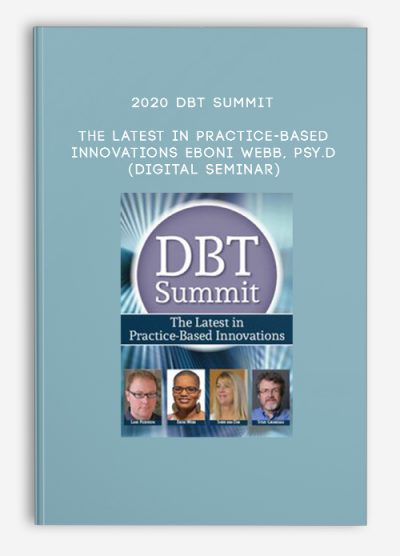
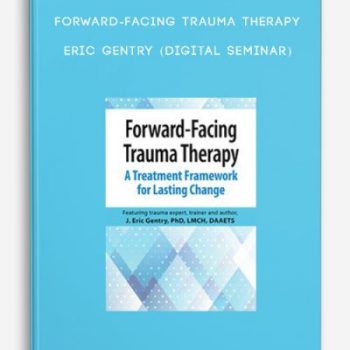
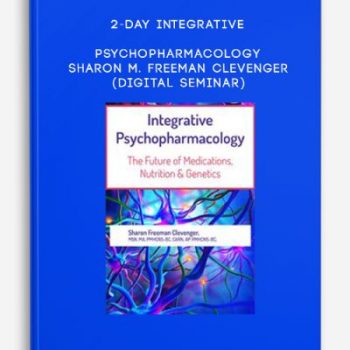
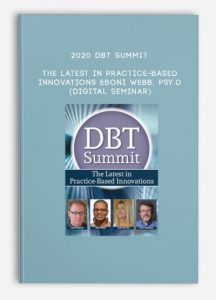
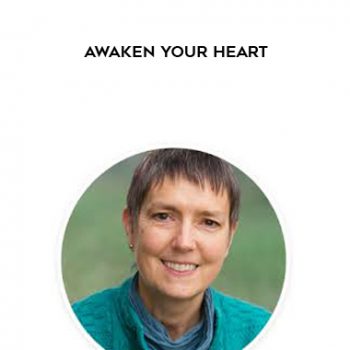
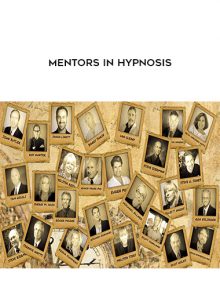
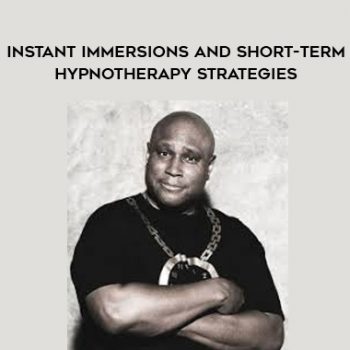
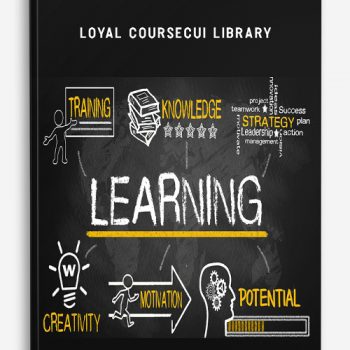
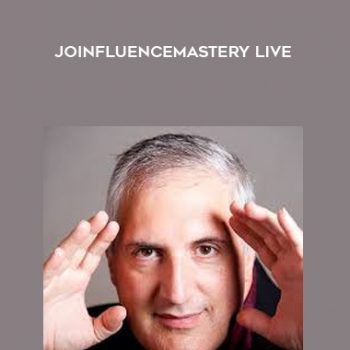
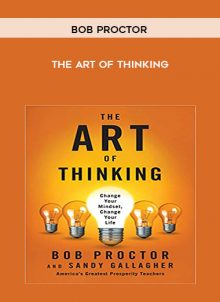
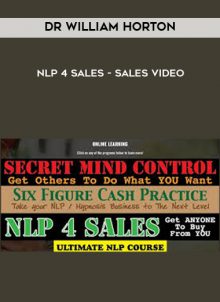

Lord –
This is Digital Download service, the course is available at Vincourse.com and Email download delivery.